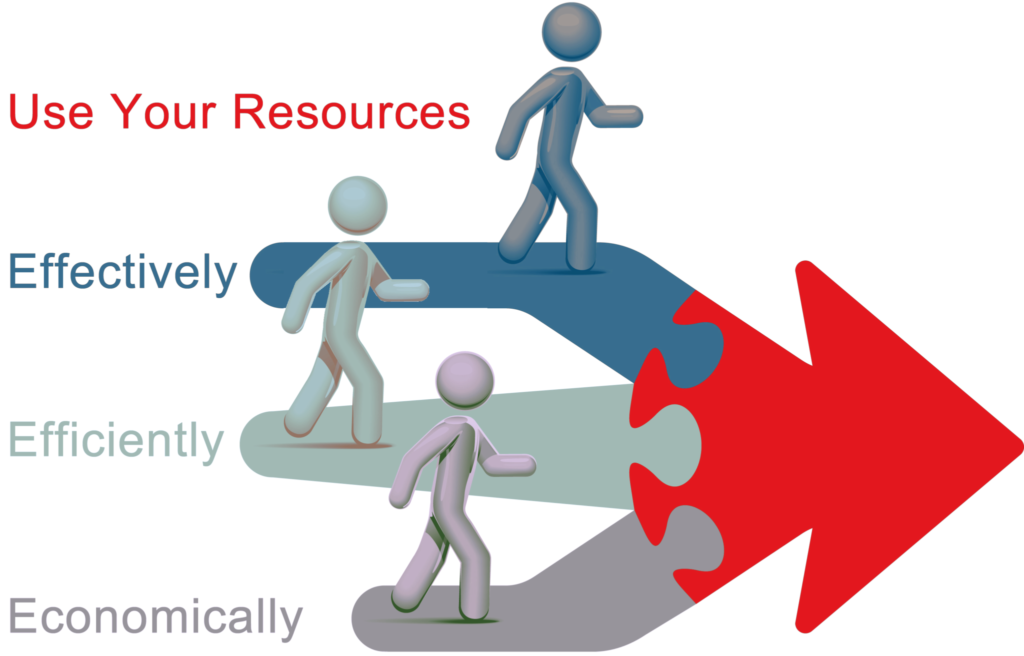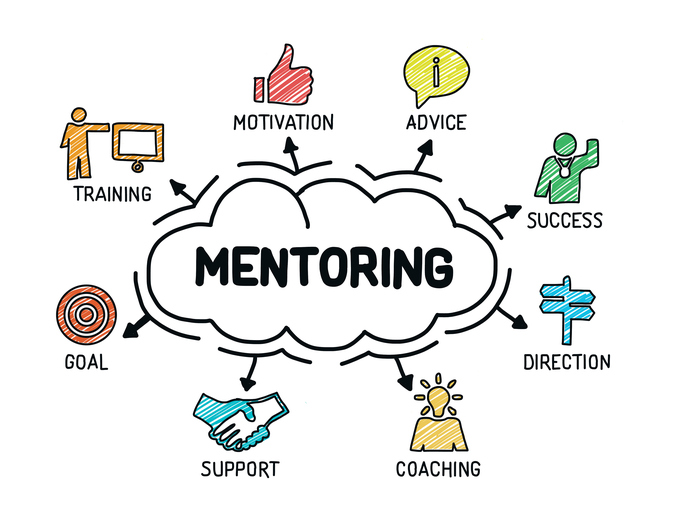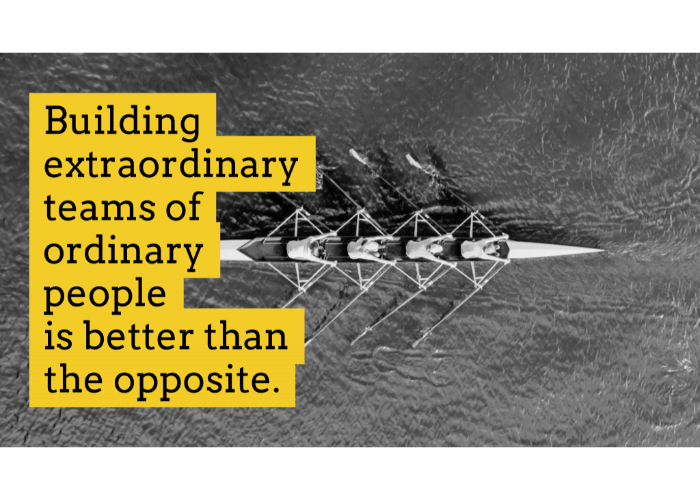As we all know, the value of a well-integrated, high-performance team is critical to improving business performance. Although all companies from multinational organizations to small and medium-sized enterprises face unique challenges, there are fundamental similarities in building efficient teams. It is very important and desirable to create and maintain a team culture in a corporate environment. Thanks to the people involved for their great commitment. The collective efforts of people who work together to achieve a common goal make you win. The combination of great talents generates energy and proves to be very efficient. When you have the right people, who are willing to share your dreams and are determined to realize them, the path to success becomes much easier.
Here are 5 simple but more effective tips to help you create a great team culture: –
Provide Team Resources

Without the right and sufficient resources, no task in this world can be solved. Therefore, an effective team culture also requires some basic resources-a specific regular meeting place where you can review the entire innovation process and discuss ideas. The most basic requirement of a successful team is to give your team enough space to make it clear that sometimes it is okay to fail, which can greatly improve the morale of your team. The pressure of high expectations requires continuous use of your creativity and teamwork to support them, rather than the pursuit of excellence. These are some of the simplest but most valuable intangible resources you can provide the team to obtain effective results.
Clearly define responsibilities & objectives

Most professionals experience overlap in individual roles and team functions at some point, which can sometimes lead to confusion and frustration. Clearly defined responsibilities and goals at the individual and team levels are the keys to employee engagement and motivation. Start by creating an appropriate job description and additional daily responsibilities. It is also important to define how to measure productivity to keep team members motivated.
Provide varied and interesting work
Diversified and interesting work can make employees and the team more engaged. In order to make the work interesting, it is important to give full importance to the individual talents of the team members, give full play to their strengths, and share the tasks that they lack preparation for. Regular reviews/updates are also important to assess whether employees need to take on more or fewer responsibilities to maintain engagement.
Organize regular informal team meetings

A rigid structure or subordination to management is not always helpful, but employees should be encouraged to form teams, understand their tasks, and make appropriate decisions are very effective for informal teams and formal teams. Too much pressure on teams that they need to work hard, and teams that need leadership in some areas, often prevent the team from developing and realizing its true potential. Informal communication inside and outside the team makes a significant contribution to the performance of any team. You can organize regular informal team meetings so that the team can express themselves, their thoughts, emotions, and their vision for a specific project completely and freely to ensure that the team works effectively.
Implement mentoring programs

When you have too many instant reports and no time to meet with them regularly, the leader’s ability to support and guide team members is considered one of the most valuable qualities in the eyes of employees. We recommend implementing a mentoring plan to ensure that all employees receive the support they need. A mentor can be a role model for anyone and can share knowledge and advice to help other employees improve their careers. Mentoring provides a satisfactory and more positive working environment for instructors and trainees.

